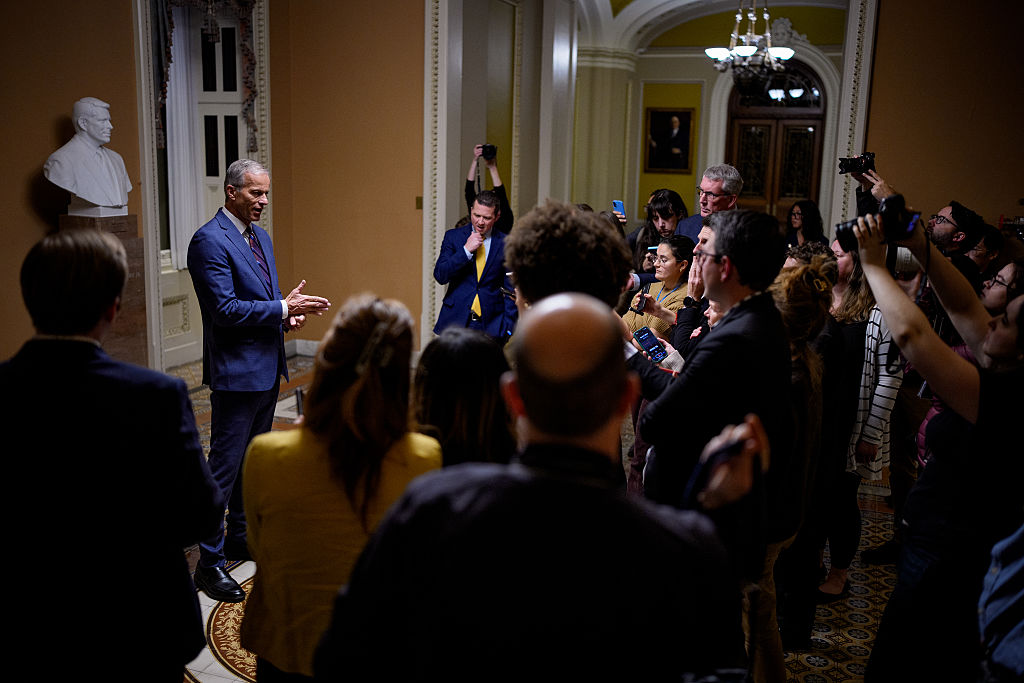The Ohio House of Representatives Ways and Means Committee is considering a bill that would raise taxes on online travel vendors.
House Bill 571 (H.B. 571), introduced by state Rep. David Greenspan (R-Westlake), would require online travel companies (OTCs) such as Expedia and Priceline.com to remit lodging and sales taxes to local governments and the state Department of Taxation based on the full price of hotel rooms instead of the amount actually paid to the hotel.
The committee met on June 19 to hear testimony on the bill but did not vote on it.
More Than a Technical Change
Greg Lawson, a policy analyst at the Buckeye Institute and a policy advisor for The Heartland Institute, which publishes Budget & Tax News, says OTCs help hotels fill unsold rooms.
“Typically, customers who book rooms through an OTC will pay the same amount for their room as customers who book directly through a hotel website,” Lawson said. “The actual room rates that hotels receive for bookings made through an OTC, however, are generally lower than what the hotel would receive on rooms booked directly. The OTC keeps the difference, effectively charging the hotel a service fee for facilitating booking.”
H.B. 571 would reduce the availability of hotel rooms in the state, Lawson says.
“The legislation, if enacted, would probably reduce the inventory they offer, at least in those jurisdictions applying the sales tax to [OTCs’] fees,” Lawson said. “However, I think the far bigger negative impact would be if OTCs should ever be subject to the occupancy taxes. That would severely hurt their model.”
Extending Taxes, Limiting Competition
Jack Boyle, executive director of Ohioans for Tax Reform, says H.B. 571 is about fattening cities’ coffers, not ensuring fair play.
“The ‘level playing field argument,’ as commonly used, is typical misdirection,” said Boyle. “For retailers it’s a way to hamper competition, and for taxing authorities it’s a way to tax beyond the boundaries of physical jurisdictions. Both retailers and taxing authorities say if local retailers must collect applicable local sales tax, then internet sellers should be required to collect and remit sales taxes for the location of the buyer, notwithstanding that there are thousands of taxing authorities around the nation that collect sales taxes. Retailers see this as blunting the competitive advantage internet sellers have, and taxing authorities envision vast amounts of new revenue.”
Struck Down by Courts
Lawson says H.B. 571 is a money grab that will not withstand judicial scrutiny if it passes.
“Local governments assess sales and lodging taxes based upon actual room rates hotels receive, not prices paid by customers,” Lawson said. “Consequently, local governments collect less total tax on rooms booked through OTCs than they would on the same rooms booked directly through hotels. H.B. 571 would expand local sales and lodging taxes to include an OTC’s service fee. As the Legislative Service Commission [a nonpartisan agency providing the Ohio General Assembly with research services] has explained, the U.S. Court of Appeals for the Sixth Circuit, with federal jurisdiction over Ohio, has twice ruled localities cannot impose lodging taxes on OTCs.”



